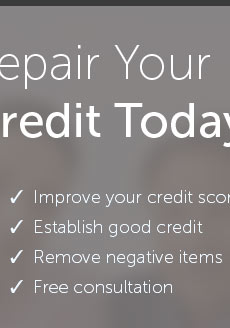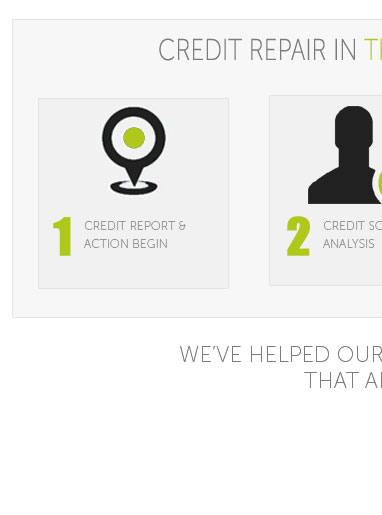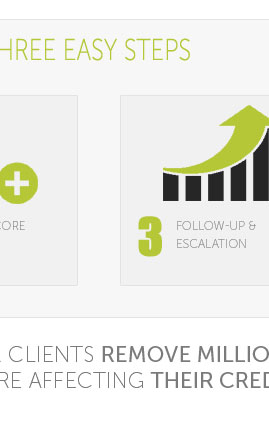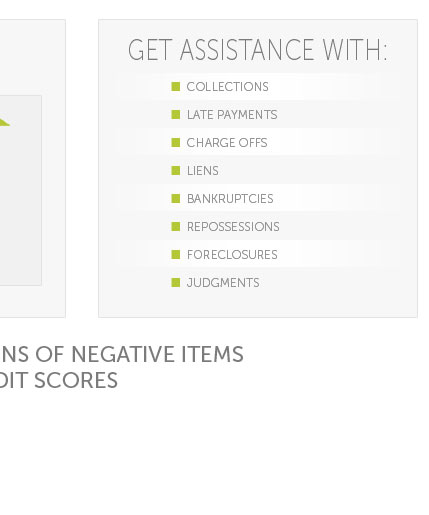 |
|||
|---|---|---|---|
 |
 |
 |
|---|---|---|
 |
||
 |
 |
 |
 |
|---|---|---|
 |
Fixing My Credit on My Own: A Personal Journey
In today's financial landscape, maintaining a good credit score is as essential as having a robust savings account. However, life sometimes throws curveballs, and we might find ourselves facing the daunting task of repairing our credit. I embarked on this journey not too long ago, and I can tell you, it's entirely possible to fix your credit on your own with patience, diligence, and a little bit of know-how.
Understanding Your Credit Report: The first step in this process is obtaining your credit report. Thanks to the Fair Credit Reporting Act, you can get a free report annually from each of the three major credit bureaus: Experian, Equifax, and TransUnion. Reviewing these reports is crucial because they contain all the information that contributes to your credit score. Look for inaccuracies, outdated information, or fraudulent activities that might be dragging your score down. In my case, I found a couple of outdated entries that were affecting my credit.
Disputing Errors: Once you identify errors, the next step is to dispute them. This involves contacting the credit bureau that issued the report. I found it best to do this in writing, providing copies of any supporting documentation. Remember, the bureaus are required to investigate disputes within 30 days. This might seem tedious, but it's an effective way to ensure your report accurately reflects your financial behavior.
Paying Off Debts: Paying down existing debts is another critical aspect. It might sound obvious, but reducing your credit card balances is one of the quickest ways to improve your score. I prioritized high-interest debts first, using the avalanche method, which saved me money on interest in the long run. Moreover, making more than the minimum payment each month can significantly impact your credit positively.
Building a Positive History: A pivotal part of rebuilding credit is establishing a history of on-time payments. Setting up automatic payments for your bills can ensure you never miss a due date. Additionally, becoming an authorized user on a responsible person's credit card can also help, as their positive history will reflect on your report.
Consider a Secured Credit Card: If your credit is too damaged, consider getting a secured credit card. These require a deposit that serves as your credit limit. By using it responsibly, you can start to rebuild your credit. I personally used one for a year and saw a noticeable improvement in my score.
Avoid New Hard Inquiries: While it might be tempting to open new lines of credit to improve your score, each hard inquiry can actually lower it temporarily. It's best to avoid applying for new credit unless absolutely necessary.
In conclusion, fixing your credit on your own is not only feasible but also empowering. It requires a proactive approach and a commitment to financial responsibility. Take it from someone who's been there: the journey might be long, but the peace of mind that comes with a healthier credit score is well worth the effort. With each small step, you're not just improving your score; you're taking control of your financial future.
Requesting a higher credit limit on your existing credit cards can improve your credit utilization ratio. Be careful with this if you think ...
Correct credit marks cannot be removed. I called and negotiated lower amounts due on my debt last year. My score went from 497 to 720 and I'm ...
You can work toward reducing your credit utilization ratio by paying down your account balances. It can also help if you open a new line of ...